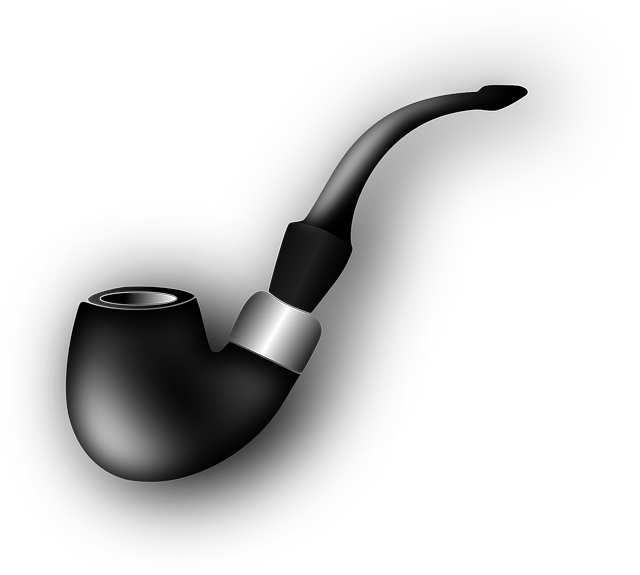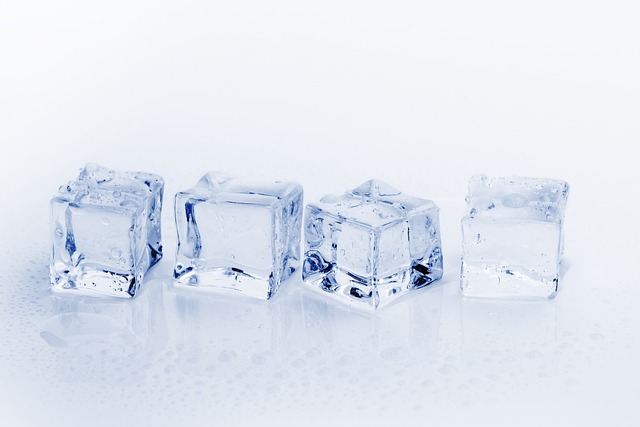In cold weather, frozen pipes cause significant damage due to water expansion from heat loss and rapid temperature changes. To prevent this, insulate exposed pipes, ensure proper sealing, and use heat tape or thermostatically controlled heaters. Regularly maintain plumbing by draining excess water, circulating warm air, and shutting off the main supply if leaving for extended periods. For frozen pipes, gradually heat them; in case of bursts, shut off water, locate/patch leaks, and evacuate to minimize damage.
Winterizing your plumbing is essential to avoid costly pipe bursts. As temperatures drop, understanding the causes and risks of frozen pipes becomes crucial. This guide explores effective strategies to prepare your plumbing system for cold weather, including insulation, shut-off techniques, and maintenance tips. Additionally, learn emergency actions to take if pipes freeze or leaks occur, ensuring you’re equipped to handle potential damage swiftly. Discover how to prevent frozen pipes and protect your home’s valuable plumbing infrastructure this winter.
- Understanding Pipe Bursts During Winter: Causes and Risks
- Preparing Your Plumbing System for Cold Weather
- Emergency Actions: Dealing with Frozen Pipes and Burst Leaks
Understanding Pipe Bursts During Winter: Causes and Risks

During winter, freezing temperatures can lead to pipe bursts, causing significant damage and costly repairs. Understanding what causes frozen pipes is essential for prevention. The primary culprits are heat loss through exposed pipes and rapid temperature changes, which cause water inside them to freeze and expand. This expansion exerts pressure on the pipe walls, eventually leading to bursting if the pipes aren’t adequately protected.
Risks increase when pipes are left unattended during cold snaps. Insufficient insulation, poor sealing around fixtures, and narrow or buried pipes are all vulnerabilities that can exacerbate the issue. Moreover, older plumbing systems may be more susceptible due to material degradation over time. How to prevent frozen pipes? By taking proactive measures such as insulating exposed pipes, maintaining proper sealing, and using heat tape or thermostatically controlled heaters.
Preparing Your Plumbing System for Cold Weather

Winterizing your plumbing system is a crucial step to prevent frozen pipes, one of the most common causes of costly damage during cold weather. The first line of defense is to insulate exposed pipes, especially those near exterior walls or in unheated areas like garages and basements. Use thermal insulation or heat tape to keep water flowing smoothly through these vulnerable sections. Additionally, consider installing automatic ice melters or filling sink traps with heating oil to prevent water from freezing at the drain points.
Regular maintenance is key to a robust plumbing system during winter. Drain excess water from pipes and appliances that are sensitive to cold temperatures, such as outdoor faucets and water heaters. Open cabinet doors under sinks to allow warmer air circulation around pipes. If you’re planning an extended absence, turn off your main water supply valve and drain the system completely, leaving no standing water for freezing. These simple steps will significantly reduce the risk of frozen pipes and costly bursts.
Emergency Actions: Dealing with Frozen Pipes and Burst Leaks

In case of a frozen pipe, act quickly to prevent damage. Start by shutting off the water supply at the main shut-off valve to stop any further water flow. Then, isolate the frozen section of pipe by turning off the faucet connected to that area. Next, use hot water from a sink or shower nearby to gradually heat the pipe, being careful not to burn yourself. You can also wrap pipes with insulation or heat tape for extra protection.
For burst leaks, it’s crucial to respond promptly to minimize water damage and potential costs. Turn off the water supply immediately and locate the source of the leak. If the burst is minor, you may be able to patch it temporarily with a cloth or plug until a professional can repair it. However, for larger bursts, evacuate the area and contact a plumber or emergency service as soon as possible.
Winterizing your plumbing system is a crucial step in preventing costly pipe bursts. By understanding the causes and risks of frozen pipes, preparing your plumbing for cold weather, and knowing emergency actions to take, you can protect your home and avoid significant financial setbacks. Implement these simple strategies to effectively How to Prevent Frozen Pipes and rest easy during the winter months.
